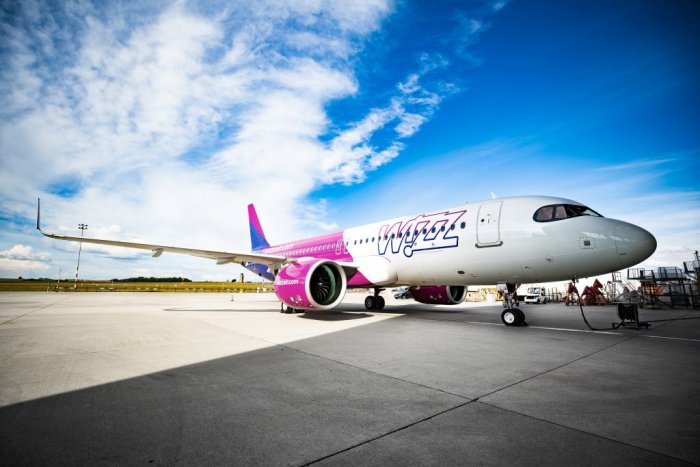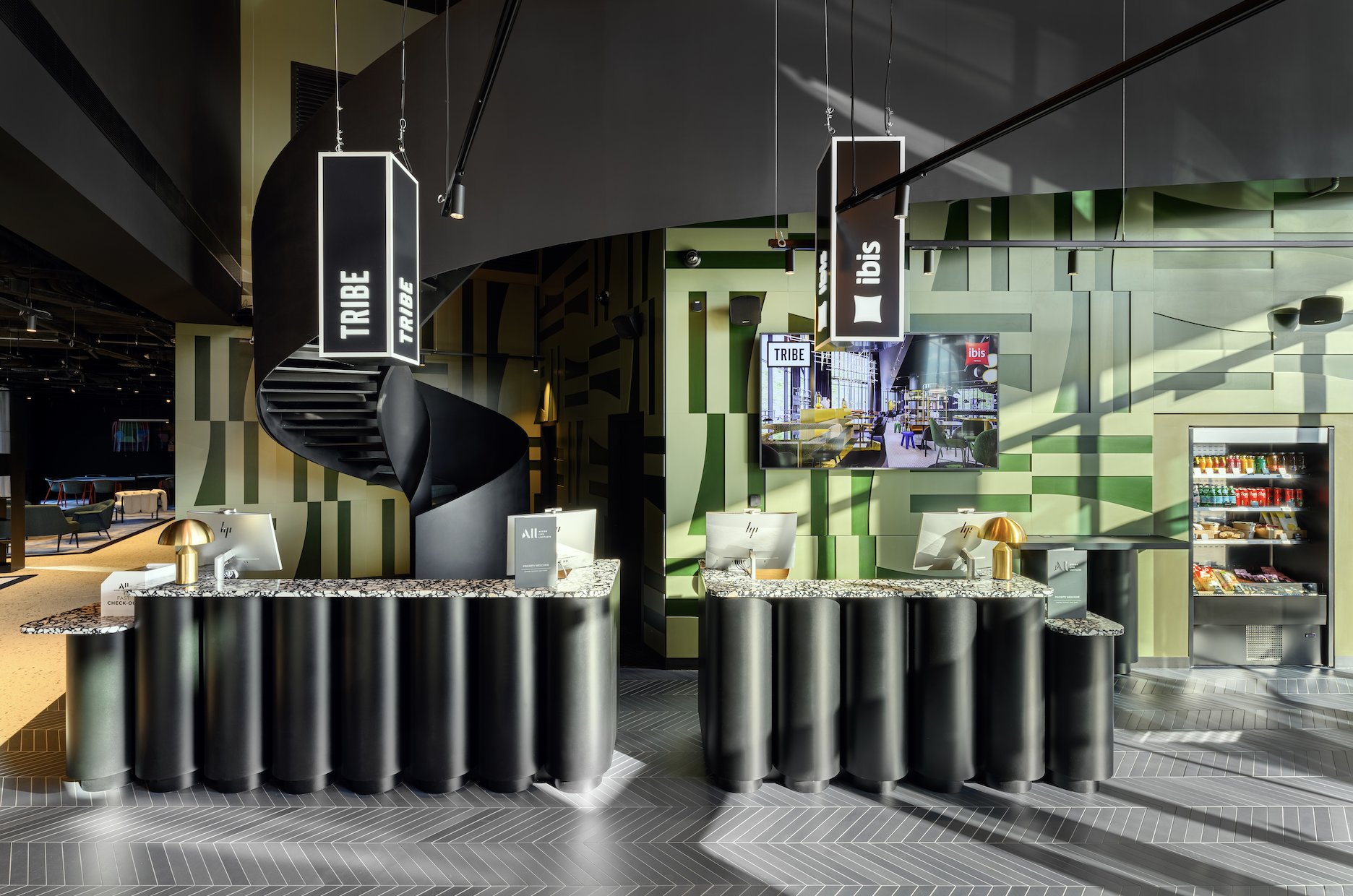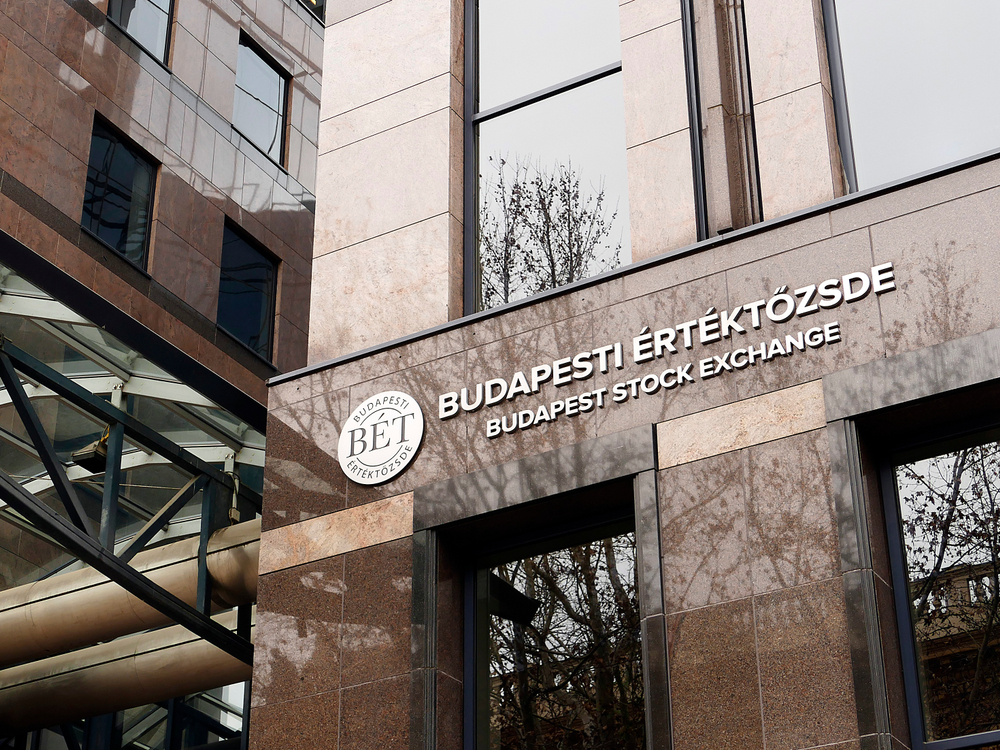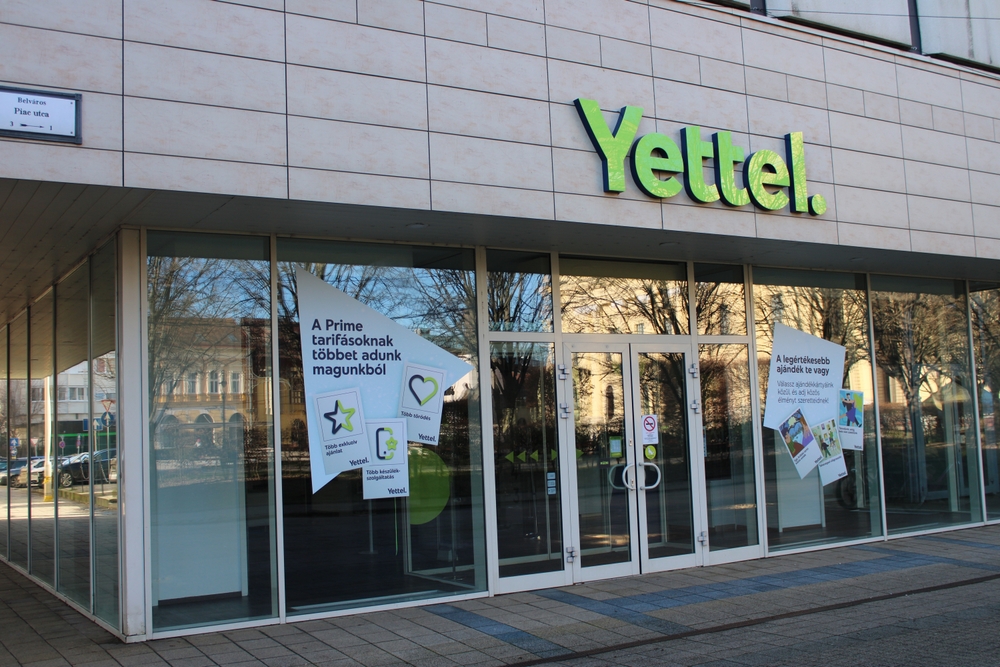Free to do Business in Hungary, Huawei Looks for More Speed, Less Energy
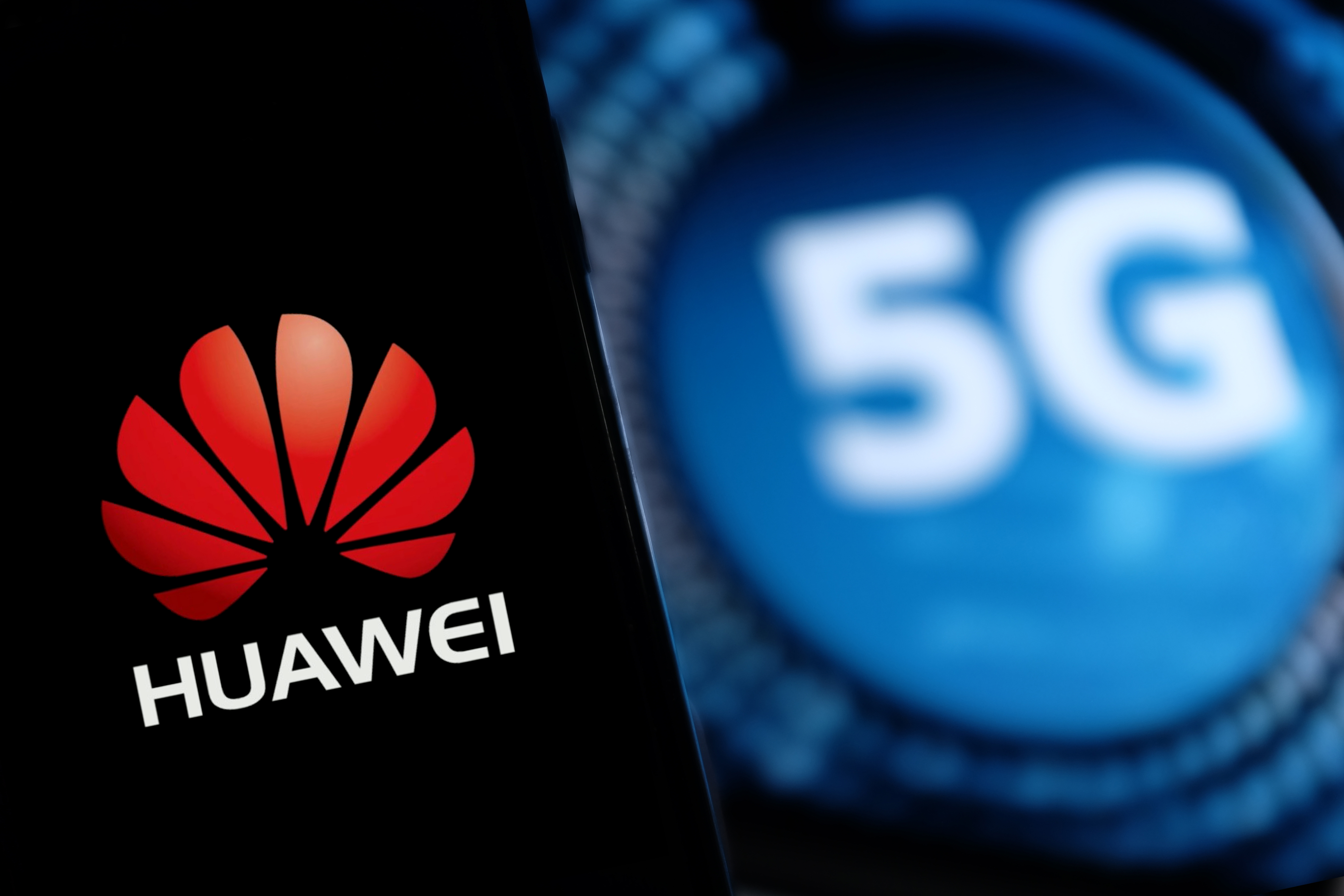
Photo by Daniel Constante / Shutterstock.com
During the administration of U.S. President Donald Trump, Chinese technology companies were regarded as a risk potential to Western economies; one above all: Huawei. Recent events, such as the COVID pandemic over the past couple of years and now the conflict in Ukraine, have somewhat blurred the image of the threat, while the emergence of the 5G networks paved the way for Huawei technologies in Hungary.
The Trump and Biden administrations in the United States may have little to nothing common in policies, but there is one area of continuity: the ban on Chinese tech companies, especially those linked to the telecom industry.
Back in 2019, the U.S. Department of Commerce officially placed Huawei and 70 of its affiliates on the Bureau of Industry and Security’s (BIS) “entity list,” effectively banning the company from buying components from U.S. companies without government approval.
President Trump argued that “foreign adversaries are increasingly creating and exploiting vulnerabilities in information and communications technology and services.” Huawei responded that it was “ready and willing to engage with the U.S. government and come up with effective measures to ensure product security.” Despite that, things did not get any better for the world’s biggest supplier of telecoms network gear.
In December last year, Huawei reported that its annual revenue had fallen by 29% from 2020, as it continued to be weighed down by U.S. sanctions that have hit its smartphone sales. Earlier, in October, the group said its January-September sales volume had fallen 32%. As for this year, Guo Ping, who now holds the rotating chairmanship of the firm, said that it will have “its fair share of challenges.”
The ban presents challenges not only for Huawei, though. At the annual Mobile World Congress in Barcelona, Vodafone CEO Nick Read noted that “at (the) current rate, it will take at least until the end of the decade for Europe to match the transformational, full 5G experience that China will already have achieved this year.”
Hungary and Huawei
Hungary has never been evangelical about targeting Huawei. Minister of Foreign Affairs Péter Szijjártó announced in 2019 that the company would be involved in the rollout of the Hungarian 5G network.
Speaking last year at the China International Import Expo (CIIE) in Canton, Prime Minister Viktor Orbán said that Hungary welcomes China as a trade partner and investor, and Hungary stands by the development of the bilateral relations in all possible ways. He mentioned Huawei as one the major Chines companies to choose Hungary as its hub for European operations.
In October last year, the company held its Tech4Green: Digital Power Summit conference in Budapest, where Minister for Technology and Innovation László Palkovics said that cooperation between the government and Huawei is excellent and will become more intensive in the future.
As if to underscore that very point, Palkovics and Colin Cai, CEO of Huawei Technologies Hungary, signed a long-term cooperation agreement. Huawei will spare no effort to make Hungary a leader in implementing 5G technology, the document says.
MWC Barcelona, which this year ran from Feb. 28-March 3, hosted not only keynote speeches with grim prospects but also the latest in technology. Among the latter was the Huawei Green Target Network concept, consisting of smaller equipment, requiring less personnel for transport, installation and maintenance.
Smaller hardware also means less power consumption, not only directly but also indirectly, with less cooling needed. The new concept requires 80% less space, which can be used for installing solar panels, also supplied by Huawei. According to pilot projects, the energy needed for the new system is 58% less than that of traditional ones, allowing significant cost savings for mobile operators.
Green Focus
There is a particular reason for focusing on energy saving and green solutions. While 5G mobile networks are a significant leap in data transfer, they also require significantly more energy, something rarely mentioned in marketing messages.
According to forecasts, the increase in data transfer means its share of the global energy used by the telecommunication sector will rise to 20%. It will also contribute to 5.5% of global CO2 emissions. Ericsson estimates that in 2015, the two figures stood at 3.6% and 1.4%, respectively.
Faster networks allow the transfer of bigger data chunks, for example, higher definition movies. According to Huawei calculations, an average user will have data traffic of 600 GB monthly, compared to 9.3 GB on 4G networks and 27.4 GB on 5G networks in May last year. Not to mention self-driving cars, which can consume 4,000 GB of data in one hour.
And speaking of electric cars, Palkovics also said at the Tech4Green: Digital Power Summit that Hungary plans to become the second-largest car battery producer after Germany. The Hungarian Government is determined to reach carbon neutrality by 2050, meaning the reduction of greenhouse gases by 95%, Palkovics said. Colin Cai added that 3,000 Huawei experts are working worldwide to make solar energy the primary power source of humanity.
Huawei Figures
The Consumer Business Unit at Huawei Technologies Hungary significantly increased sales in 2021, according to data released in January this year. Last year, Huawei sold twice as many smart wearables to Hungarians as in 2020, along with 48% more wireless headphones and 40% more notebooks. Huawei expects a boost to smartphones sales in Hungary, with the launch of the P50 Pro and the foldable P50 Pocket models. Huawei will also focus this year on raising brand awareness and market share with its so-called Smart Scenario strategy, which aims at making a seamless interaction between PCs, tablets, smartphones and smartwatches.
This article was first published in the Budapest Business Journal print issue of March 11, 2022.
SUPPORT THE BUDAPEST BUSINESS JOURNAL
Producing journalism that is worthy of the name is a costly business. For 27 years, the publishers, editors and reporters of the Budapest Business Journal have striven to bring you business news that works, information that you can trust, that is factual, accurate and presented without fear or favor.
Newspaper organizations across the globe have struggled to find a business model that allows them to continue to excel, without compromising their ability to perform. Most recently, some have experimented with the idea of involving their most important stakeholders, their readers.
We would like to offer that same opportunity to our readers. We would like to invite you to help us deliver the quality business journalism you require. Hit our Support the BBJ button and you can choose the how much and how often you send us your contributions.



